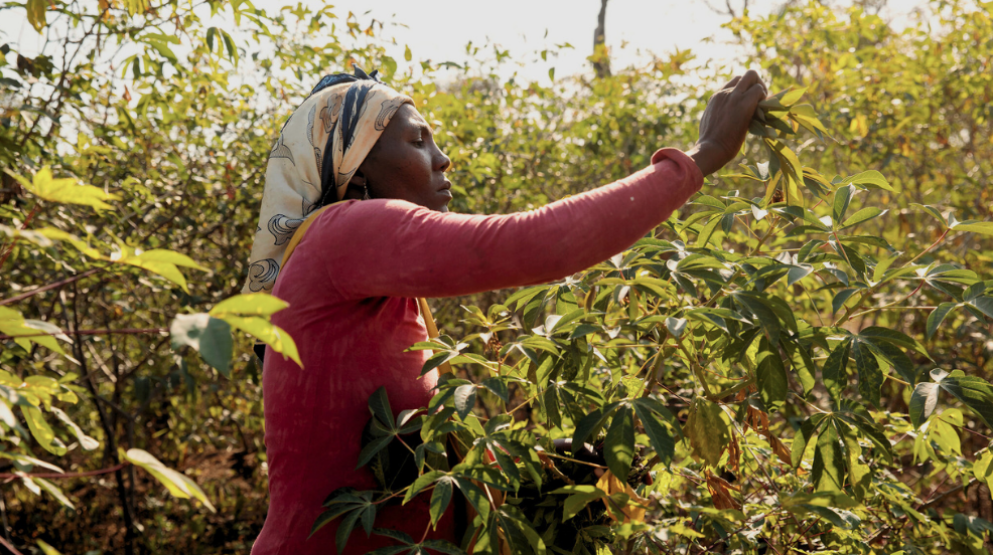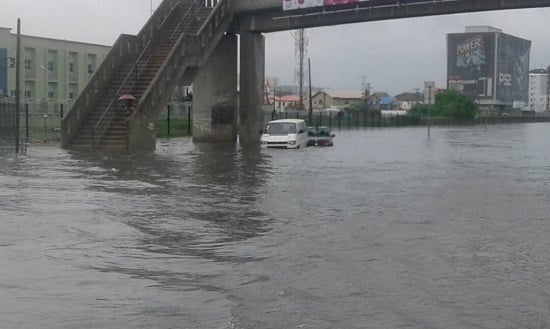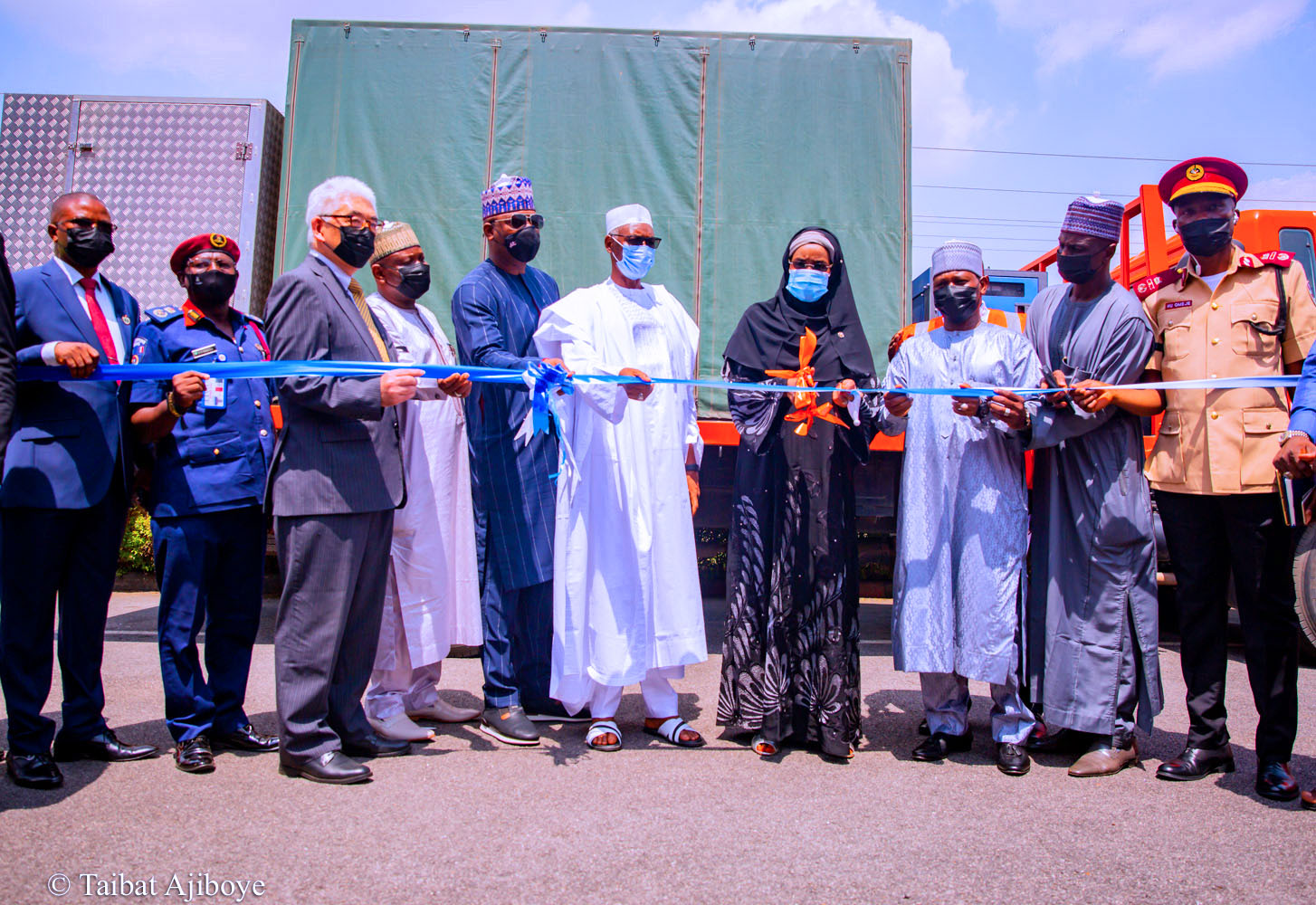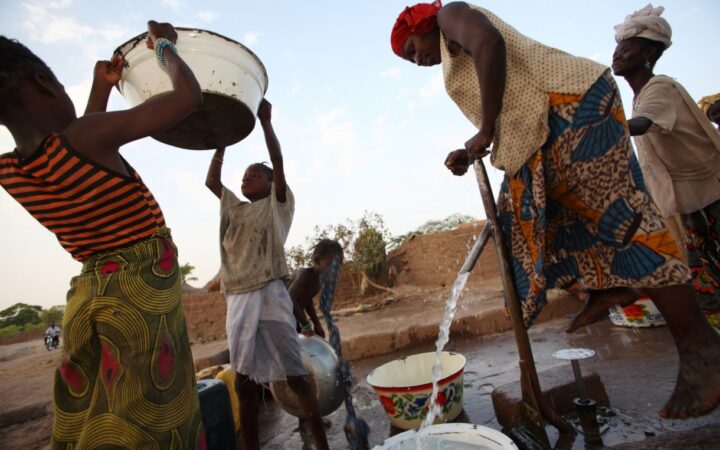A new report by Sustainable Energy for All (SEforALL) says the world risks leaving a large number of people without energy beyond 2030 if urgent action is not taken.
The report, which was launched on the sidelines of the 79th session of the United Nations General Assembly (UNGA 79), states that the world is a long way from achieving the seventh sustainable development goal (SDG7) which aims to provide affordable, reliable, sustainable and modern energy for all by 2030.
With the title ‘SDG7 Backsliding’, the report emphasised that the world’s current pattern of “two steps forward, one step backward” could scuttle its attainment of this goal while breaching the Paris-aligned pathways.
The study, however, stated the world has collectively made progress towards SDG7, but the speed of action required has significantly slowed down and the number of people without electricity access — over 750 million people — may not change by 2030.
Advertisement
“On universal electricity access, we are dangerously off-track, with anticipated population growth and resource constraints likely leaving a large number of people, mostly in Sub-Saharan Africa, without electricity beyond 2030,” a statement by SEforALL reads.
“To achieve universal access, we need to provide electricity access annually to a population the size of the UK and Germany combined, for eight years, which already takes us beyond 2030.
“On access to clean cooking, if we exclude progress made by three Asian countries — India, Indonesia and China — the number of people without clean cooking access in the rest of the world has increased since 2017.
Advertisement
“The story in Sub-Saharan Africa is particularly critical where only 5 of the 45 countries analyzed show strong progress, with 22 showing slow progress and the remaining 18 stalled or regressing.
“To achieve universal clean cooking, a population the size of the United States needs to have access to clean cooking annually until 2030.”
PROGRESS ON RENEWABLE ENERGY SKEWED
Also, on renewable energy, the report re-echoed recent concerns that the progress has been “skewed and uneven” with developed and wealthier countries making greater progress than developing and lower income countries.
Advertisement
“To achieve net zero, we need to urge countries with more resources and capacity to ramp up progress in their countries while leading the global effort to ensure equal access to renewable energy for all,” the statement added.
Damilola Ogunbiyi, SEforALL CEO, said the report should serve as a catalyst for global leaders to correct course and double down on their commitments towards energy transition.
“While the findings are alarming, I hope that global leaders also see it as an opportunity to reset their 2030 ambitions,” Ogunbiyi said.
“Institutions like the World Bank and the African Development Bank are leading on ambition with their Mission 300 initiative that aims to electrify 300 million Africans by 2030.
Advertisement
“They are setting the example by showing what is possible when we work together. At this critical juncture, we’re calling on other institutions to do the same.”
Advertisement
Add a comment






